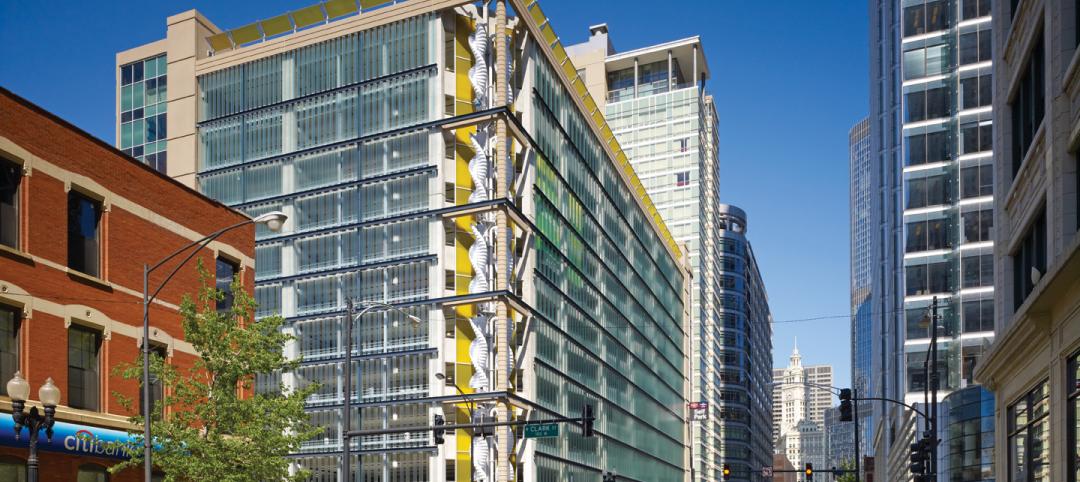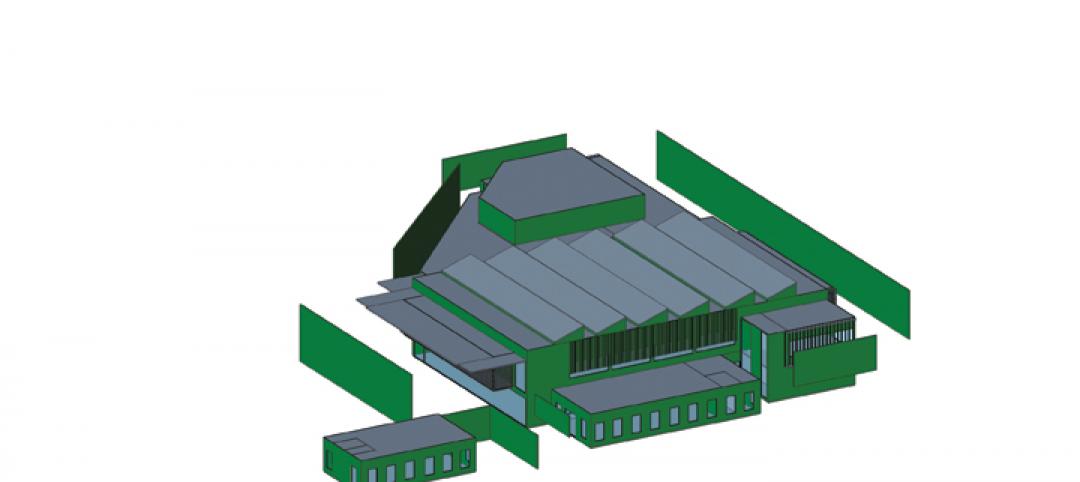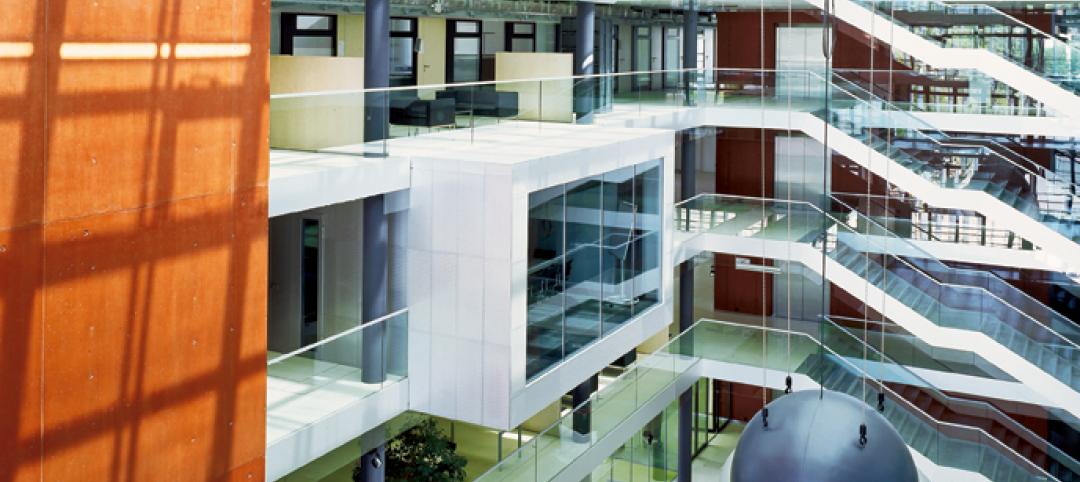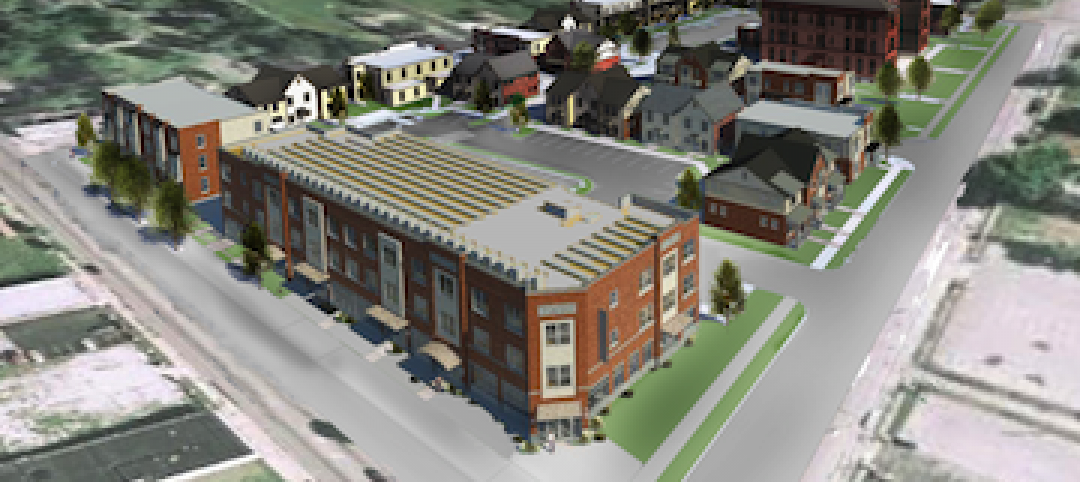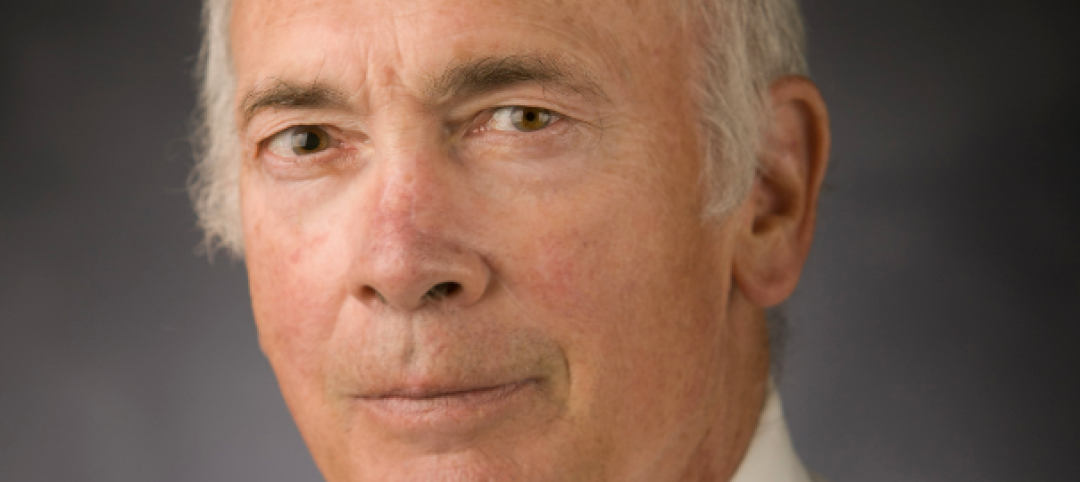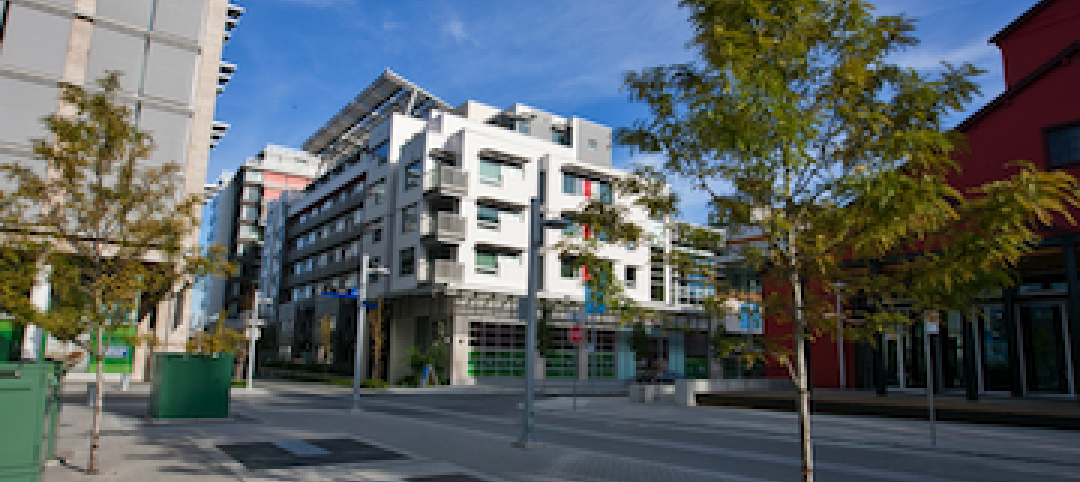JE Dunn announced several changes in its Midwest Region executive leadership team. Dirk Schafer, executive vice president and chief operating officer with JE Dunn Construction, will succeed Dan Euston as president of JE Dunn Construction Company’s Midwest Region, effective immediately.
Euston will become president of Innovations 10.01 L.L.C., a JE Dunn start-up subsidiary. Innovations 10.01 develops and implements leading edge technology to improve the construction process and building life cycles. The company also utilizes proprietary products such as Site 10.01, a facility management solution that captures and combines pertinent construction data with building information modeling graphics generated during the building process. Site 10.01 is already successfully improving facility operations, reducing operating costs, and improving building efficiencies at Saint Luke’s Health System in Kansas City.
Euston has been with JE Dunn for 38 years and has been in charge of some of the company’s largest projects, including the Sprint World Headquarters Campus, H&R Block’s Headquarters, Kansas City Power and Light District, and the Nelson Atkins Museum’s Bloch Building. Dan currently serves on the boards of the Greater Kansas City Chamber of Commerce, Kansas City Area Development Council, and the Kansas City Builders Association. He is also co-chair of the American Heart Association’s Heart Walk.
Schafer has worked at JE Dunn for over 25 years and led the business operations of the Midwest Division, which produces over $1 billion in annual construction revenue. The JE Dunn Midwest region spans beyond the Kansas City metro area with offices in Des Moines, Omaha, Minneapolis, Springfield, Mo., and Topeka. Schafer is on the board of directors and is past board chairman at reStart homeless shelter. He currently serves as the Prairie Village Planning Commissioner, and serves on the Iowa State University Industry Advisory Council. At JE Dunn, Dirk has been the project executive on many landmark projects, including the National Nuclear Security Administration Campus, Kauffman Center for the Performing Arts, Federal Reserve Bank of Kansas City, and 2555 Grand. Over the years, Dirk has been dedicated to serving the local corporate development community and not-for-profit clients in the Kansas City area.
“During Dan Euston’s and Dirk Schafer’s tenure at JE Dunn, the company has grown from a few employees primarily in Kansas City, to a company with 20 offices and over 2,000 employees around the country. Their dedication and commitment to JE Dunn has directly impacted our company’s success over the past several decades,” said Terry Dunn, president and CEO of JE Dunn Construction Company.
Related Stories
| Nov 2, 2010
A Look Back at the Navy’s First LEED Gold
Building Design+Construction takes a retrospective tour of a pace-setting LEED project.
| Nov 2, 2010
Wind Power, Windy City-style
Building-integrated wind turbines lend a futuristic look to a parking structure in Chicago’s trendy River North neighborhood. Only time will tell how much power the wind devices will generate.
| Nov 2, 2010
Energy Analysis No Longer a Luxury
Back in the halcyon days of 2006, energy analysis of building design and performance was a luxury. Sure, many forward-thinking AEC firms ran their designs through services such as Autodesk’s Green Building Studio and IES’s Virtual Environment, and some facility managers used Honeywell’s Energy Manager and other monitoring software. Today, however, knowing exactly how much energy your building will produce and use is survival of the fittest as energy costs and green design requirements demand precision.
| Nov 2, 2010
Yudelson: ‘If It Doesn’t Perform, It Can’t Be Green’
Jerry Yudelson, prolific author and veteran green building expert, challenges Building Teams to think big when it comes to controlling energy use and reducing carbon emissions in buildings.
| Nov 2, 2010
Historic changes to commercial building energy codes drive energy efficiency, emissions reductions
Revisions to the commercial section of the 2012 International Energy Conservation Code (IECC) represent the largest single-step efficiency increase in the history of the national, model energy. The changes mean that new and renovated buildings constructed in jurisdictions that follow the 2012 IECC will use 30% less energy than those built to current standards.
| Nov 1, 2010
Sustainable, mixed-income housing to revitalize community
The $41 million Arlington Grove mixed-use development in St. Louis is viewed as a major step in revitalizing the community. Developed by McCormack Baron Salazar with KAI Design & Build (architect, MEP, GC), the project will add 112 new and renovated mixed-income rental units (market rate, low-income, and public housing) totaling 162,000 sf, plus 5,000 sf of commercial/retail space.
| Nov 1, 2010
John Pearce: First thing I tell designers: Do your homework!
John Pearce, FAIA, University Architect at Duke University, Durham, N.C., tells BD+C’s Robert Cassidy about the school’s construction plans and sustainability efforts, how to land work at Duke, and why he’s proceeding with caution when it comes to BIM.
| Nov 1, 2010
Vancouver’s former Olympic Village shoots for Gold
The first tenants of the Millennium Water development in Vancouver, B.C., were Olympic athletes competing in the 2010 Winter Games. Now the former Olympic Village, located on a 17-acre brownfield site, is being transformed into a residential neighborhood targeting LEED ND Gold. The buildings are expected to consume 30-70% less energy than comparable structures.
| Oct 27, 2010
Grid-neutral education complex to serve students, community
MVE Institutional designed the Downtown Educational Complex in Oakland, Calif., to serve as an educational facility, community center, and grid-neutral green building. The 123,000-sf complex, now under construction on a 5.5-acre site in the city’s Lake Merritt neighborhood, will be built in two phases, the first expected to be completed in spring 2012 and the second in fall 2014.




